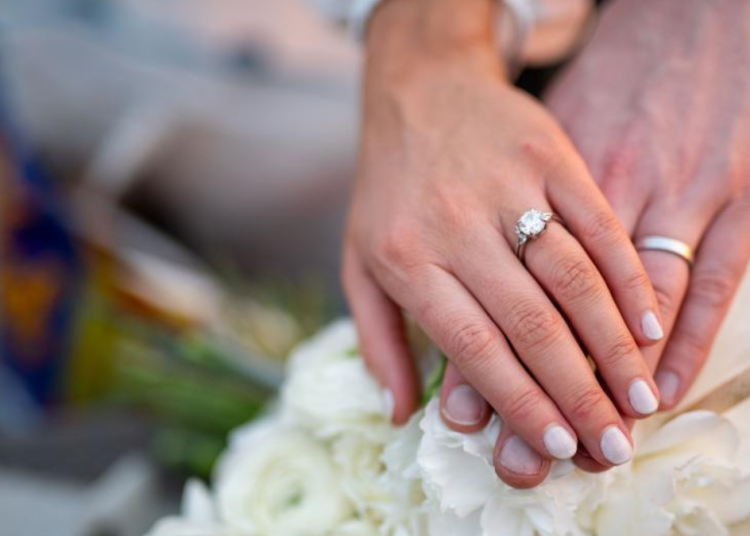A devout Christian has moved to appeal an employment tribunal’s mixed ruling after alleging that a health charity in West Yorkshire withdrew a job offer because of his religious convictions.
In 2022, Felix Ngole, a social-work graduate, was offered a role as a hospital-discharge mental-health support worker with Touchstone Leeds in Wakefield on the basis he was the best-qualified candidate. Shortly after the offer, however, the charity’s management uncovered online references to his past comments about homosexuality and same-sex marriage — comments made during his earlier conflict with the University of Sheffield, which he had already successfully appealed.
Following the discovery, Touchstone withdrew the conditional offer and called him back for a second interview — a decision Mr. Ngole says amounted to discrimination against him on grounds of his Christian beliefs.
In June 2024, Employment Judge Jonathan Brain found that Mr. Ngole was directly discriminated against when the initial job offer was rescinded. However, the judge rejected Mr. Ngole’s further claims of discrimination relating to the second interview and the final refusal of employment. The tribunal held that the charity had argued — and the judge accepted — that its vulnerable LGBT service-users could be put at risk if they became aware of Mr. Ngole’s publicly-expressed views. Judge Brain explained: “Balancing the interests of the respondent in preserving the mental health of their service users … against the wishes of the claimant to work for the respondent … gives only one answer. The balance favours the respondent, and their actions were therefore proportionate and are justified.”
Mr. Ngole’s legal team is now challenging the tribunal’s narrower conclusions, arguing that once the employer had withdrawn its offer based on his beliefs, the decision not to reinstate him after the second interview was further discrimination. Mr. Ngole, who fled Cameroon and now resides in Barnsley, said: “If we get to the point where if you don’t celebrate and support LGBT ideology, you can’t have a job, then every Christian out there doesn’t have a future. You can study as much as you like, but you will not have a chance.” The case raises urgent questions about the place of traditional religious beliefs in caring professions and warns of a precedent that could exclude Christians who hold orthodox views on marriage from certain roles.
This dispute builds on Mr. Ngole’s earlier landmark victory when the Court of Appeal ruled in his favour against the University of Sheffield, recognising that his expression of Christian beliefs did not automatically amount to discrimination. At stake is the intersection of freedom of religious belief, employment law, and professional regulation: how employers balance the expressed views of applicants with duties to vulnerable service-users and maintain public trust.
The upcoming appeal will clarify whether the withdrawal of the job offer was merely the starting point of discrimination—and whether the charity’s subsequent treatment of Mr. Ngole was lawful and proportionate. If the appeal is successful, it may strengthen protections for workers whose religious beliefs are publicly known — particularly in professions offering services to diverse or sensitive client groups.




















Discussion about this post